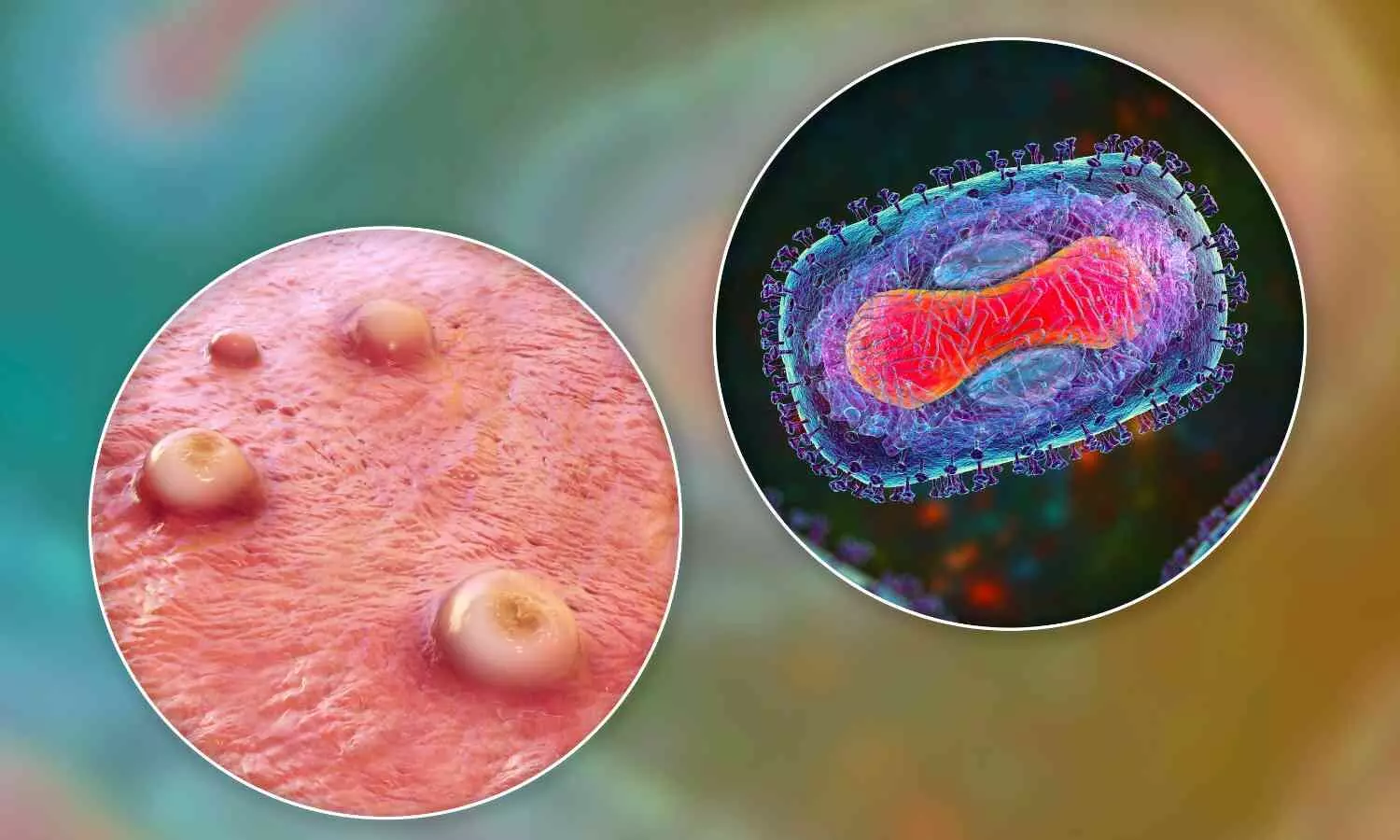New Mpox Variant: Significant Risk to Children, Say Experts

New Delhi: Experts have highlighted a significant risk to children from the new and more dangerous Mpox strain, Clade 1b, amid a current outbreak in Africa. This latest outbreak of Mpox, which has been declared a global health emergency by the World Health Organization (WHO) as of August 15, is distinct from the 2022 epidemic, which was driven by the less virulent Clade II. The previous outbreak predominantly affected men who had sex with other men.
The WHO has reported 99,176 Mpox cases and 208 deaths across 116 countries since the 2022 outbreak. In India, 30 cases have been detected, with the most recent case reported in March 2024. This year has seen a dramatic increase in both cases and deaths, with over 15,600 cases and 537 deaths reported thus far in 2024. The new outbreak is primarily attributed to Clade 1b, which jumped to humans from animals in September 2023.
Dr. Rajeev Jayadevan, co-chairman of the Indian Medical Association’s National Covid-19 Task Force, explained that the current patterns of spread and mortality are significantly different from those observed in 2022. “Greater numbers of people are being infected, including women and children,” he noted.
Dr. Rohit Garg, Consultant in Infectious Disease at Amrita Hospital, Faridabad, emphasized that “Mpox is posing a notable risk to children, though they represent a smaller proportion of cases compared to adults.” Recent data indicates an increase in paediatric cases during this resurgence, with children exhibiting symptoms similar to adults but potentially facing more severe outcomes. WHO data up to July 2024 reports 1,156 cases in the 0-17 age group, including 333 in children aged 0-4.
Dr. Garg observed changes in transmission patterns, noting higher rates in households and schools. This underscores the need for vigilant monitoring and preventive measures. Jayadevan pointed out the importance of exploring all potential modes of transmission, suggesting that “either close contact or respiratory or both modes of transmission could potentially be involved.” This requires further validation.


